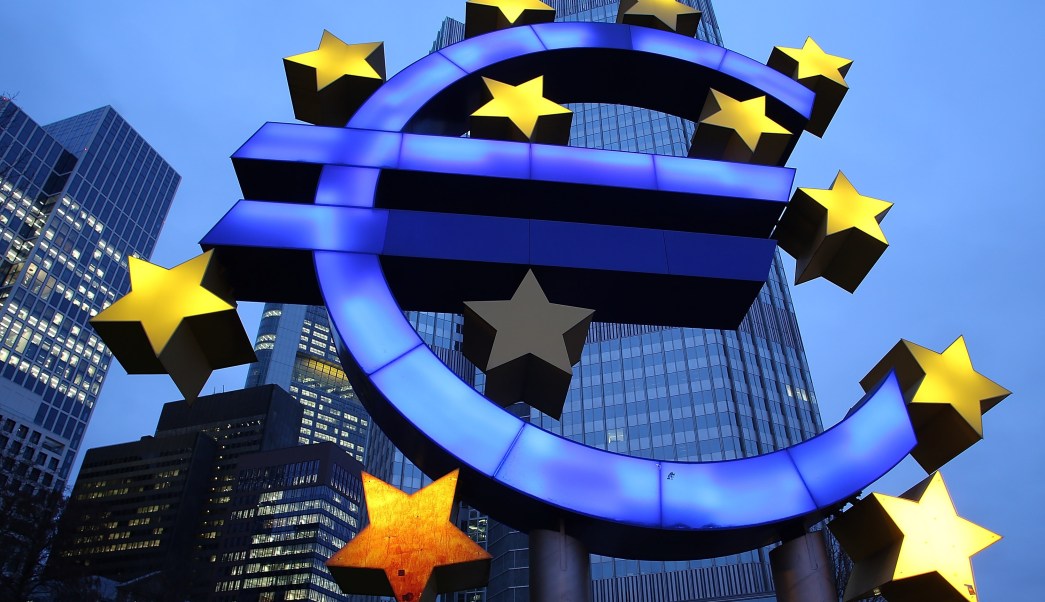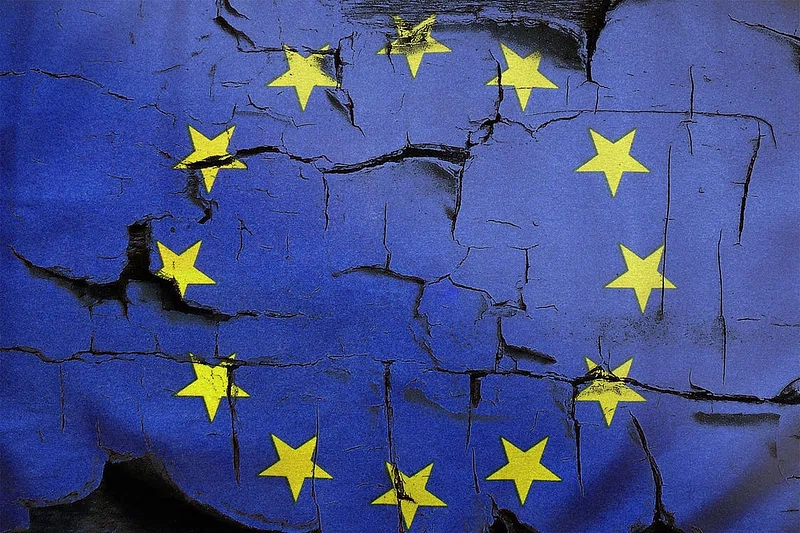Europe’s economic future stands at a crossroads, with recovery seemingly within reach but also significant risks on the horizon that could shift the balance dramatically. The economic slowdown in China and Germany—two powerhouse economies driving global demand—has already impacted global markets. If this trend continues, it could lead to deeper consequences, affecting every sector from energy to manufacturing. Facing the uncertainty of slow growth, Europe is further challenged by other critical factors like inflation and geopolitical tensions, which add to the sense of instability surrounding Europe’s economic future.
The ECB’s Balancing Act: Stabilizing Prices Without Stalling Growth

The European Central Bank (ECB) is striving to balance price stability with the need to avoid hampering economic growth. Currently, the ECB forecasts that inflation will gradually decline until 2025, though it’s unlikely to fall below 2% anytime soon, remaining above the official target. This outlook suggests that further interest rate hikes could be implemented, impacting businesses and consumers alike. But is this the best strategy for Europe’s economic future? Experts are divided. Many worry that the ECB’s decisions could have unintended, counterproductive consequences over the long term.
Employment and Innovation: Can They Drive a Sustainable Recovery?
On a positive note, Europe has a key asset to leverage: a robust labor market with strong demand. With unemployment rates nearing historic lows, internal consumer spending could drive a more stable recovery. However, even this scenario is not without challenges. What will happen if inflation continues to erode purchasing power? And how would economic stagnation impact job opportunities and future innovation?
Analysts argue that for a true, sustained recovery, Europe needs structural change. To secure its economic future, the EU must prioritize innovation by making bold investments in technology and the green transition. Sectors like artificial intelligence and sustainable energy could be the engines of growth Europe needs to maintain its influence on the global stage. However, the big question remains: will these efforts be enough to counteract rising international competitors like India and Brazil?
Geopolitics and Instability: How Global Tensions Impact Europe
Geopolitical tensions also pose a serious threat to Europe’s economic future. The Middle East conflict and ongoing disruptions in the Red Sea region are just a few factors that could further destabilize supply chains and increase raw material costs. European companies that rely heavily on imports for essential materials face heightened challenges, which could ultimately slow growth. Are these geopolitical risks isolated incidents, or do they represent the beginning of a new era of economic instability for Europe?
Future Outlook: Will Europe Face Uncertainty or a New Beginning?
Europe is clearly at a turning point. The continent’s economic future is delicately balanced: on one hand, slow growth and global challenges demand caution; on the other, opportunities for investment and innovation provide hope. If Europe can capitalize on this moment to invest in sustainability and technology, it might not only recover but also emerge as a leader in the global economy.
The crucial question remains: will Europe find the right combination of strategy and resilience to navigate this critical period and secure a promising economic future?

